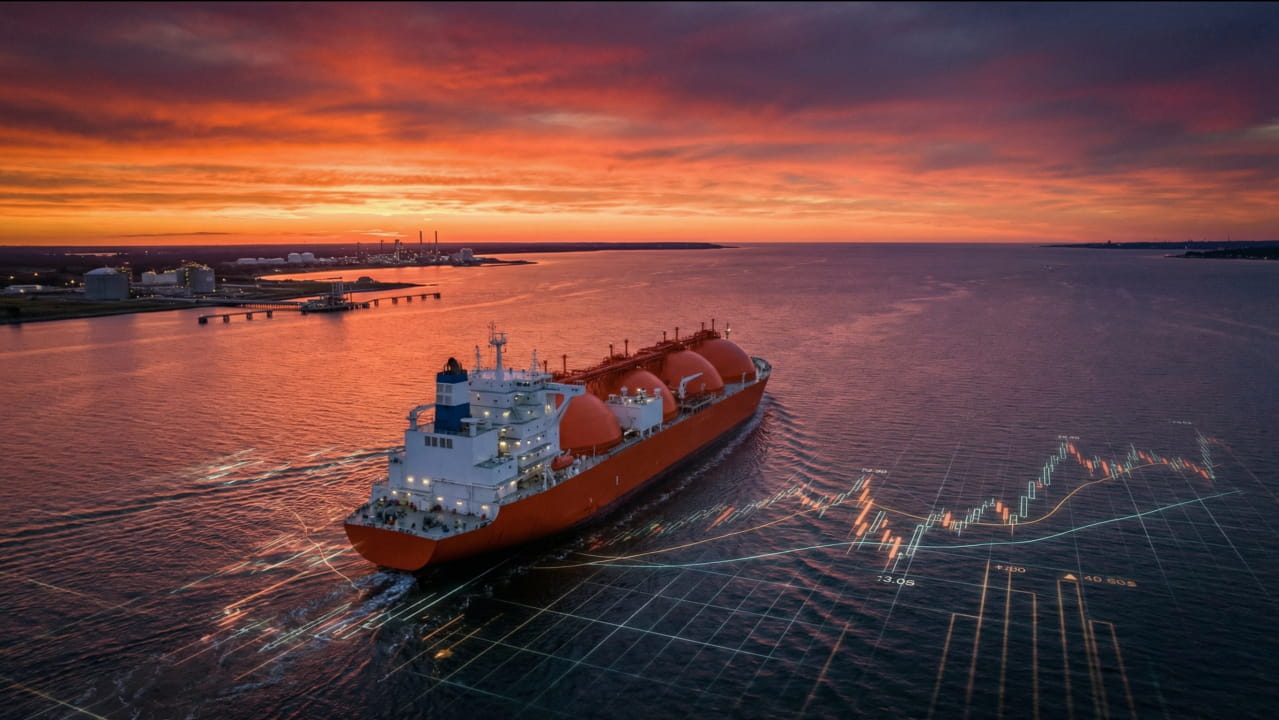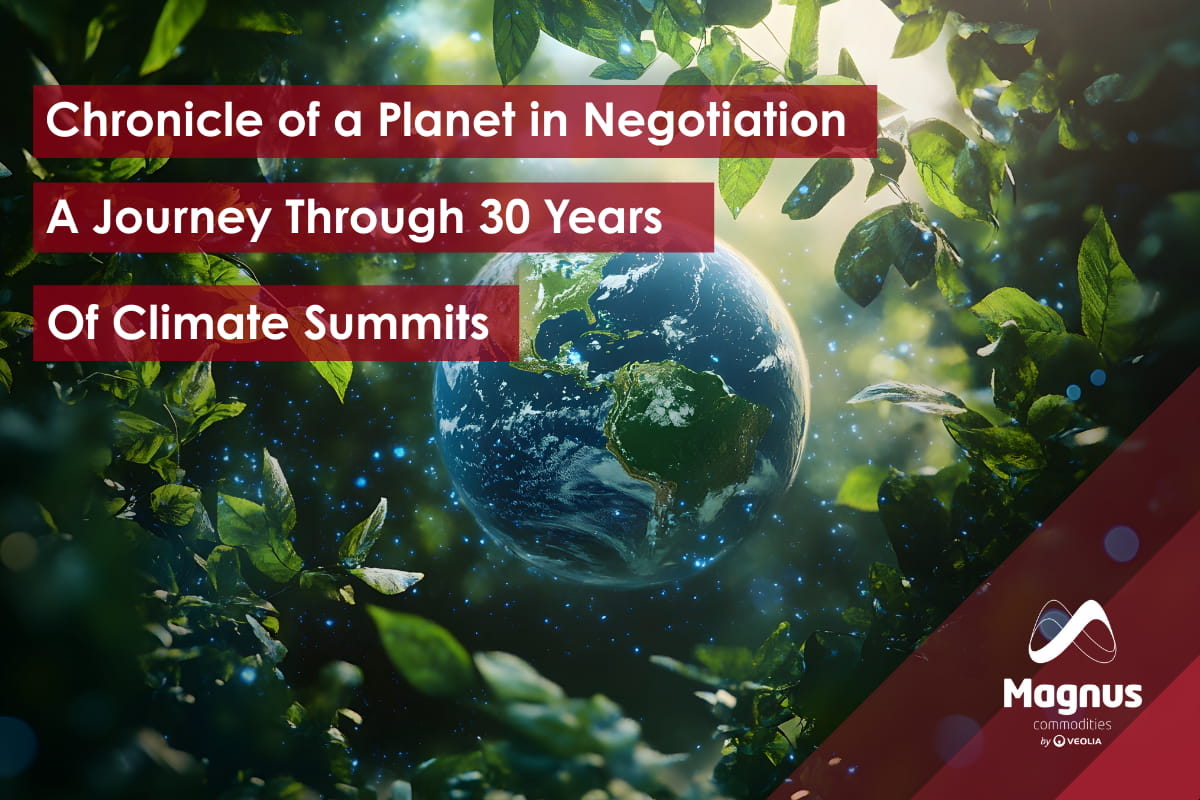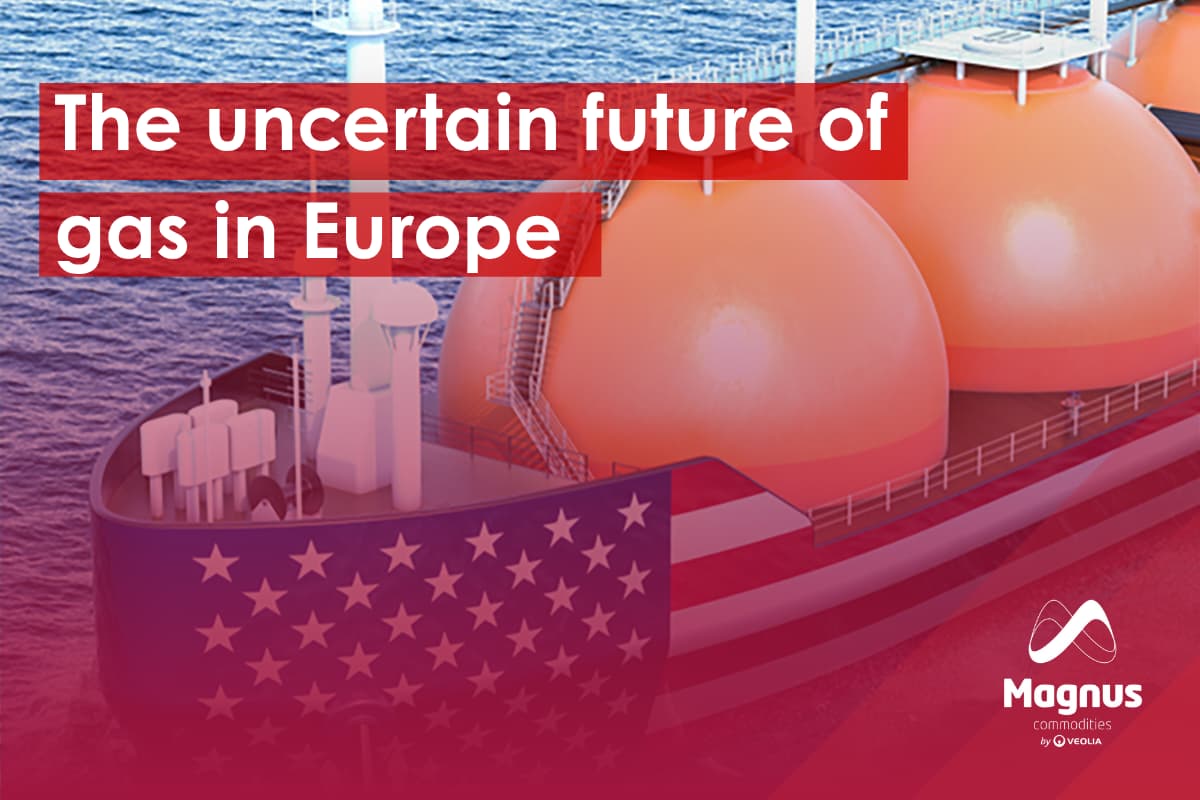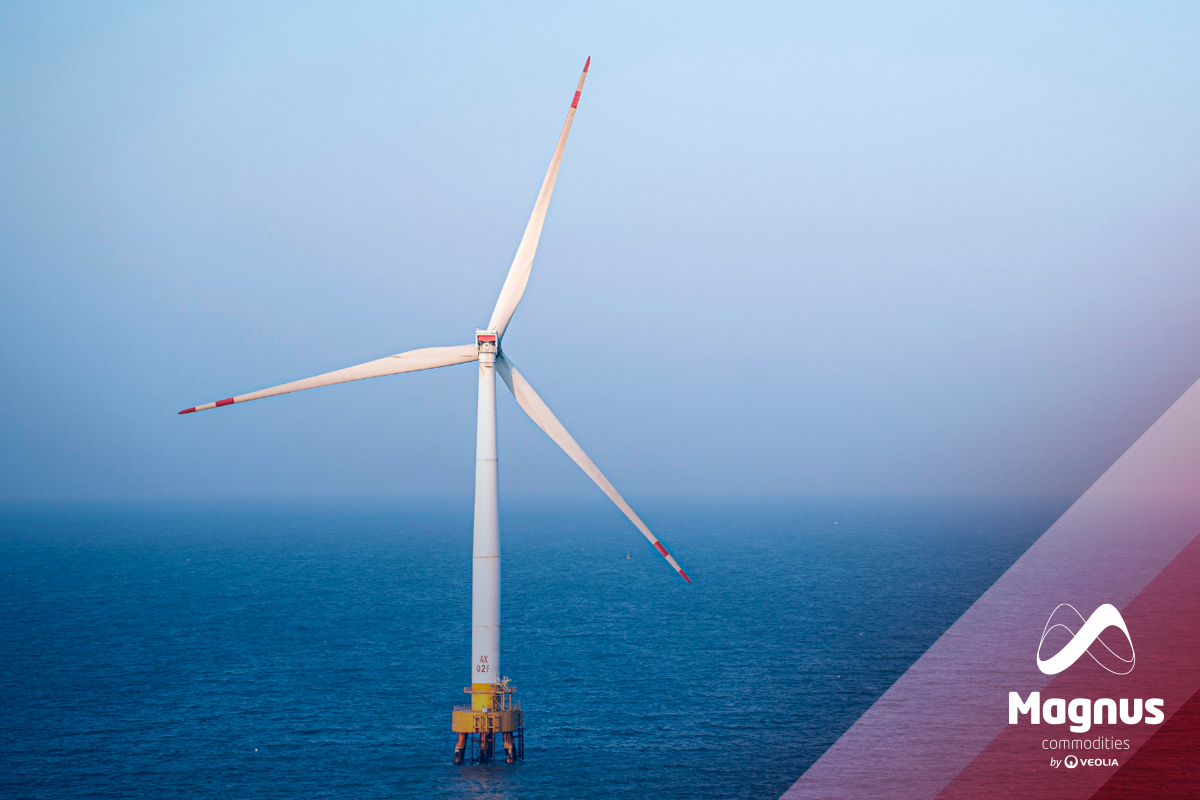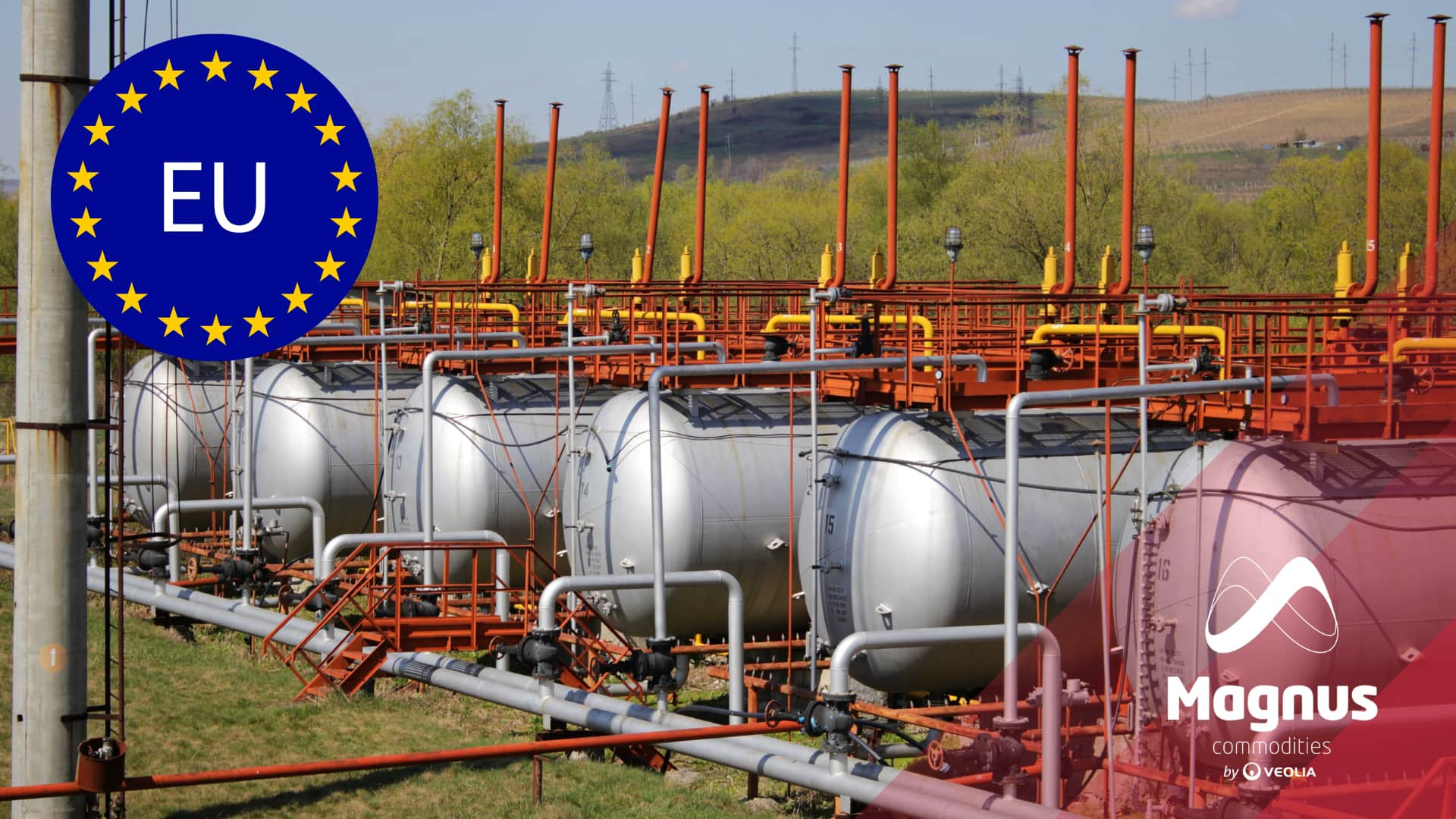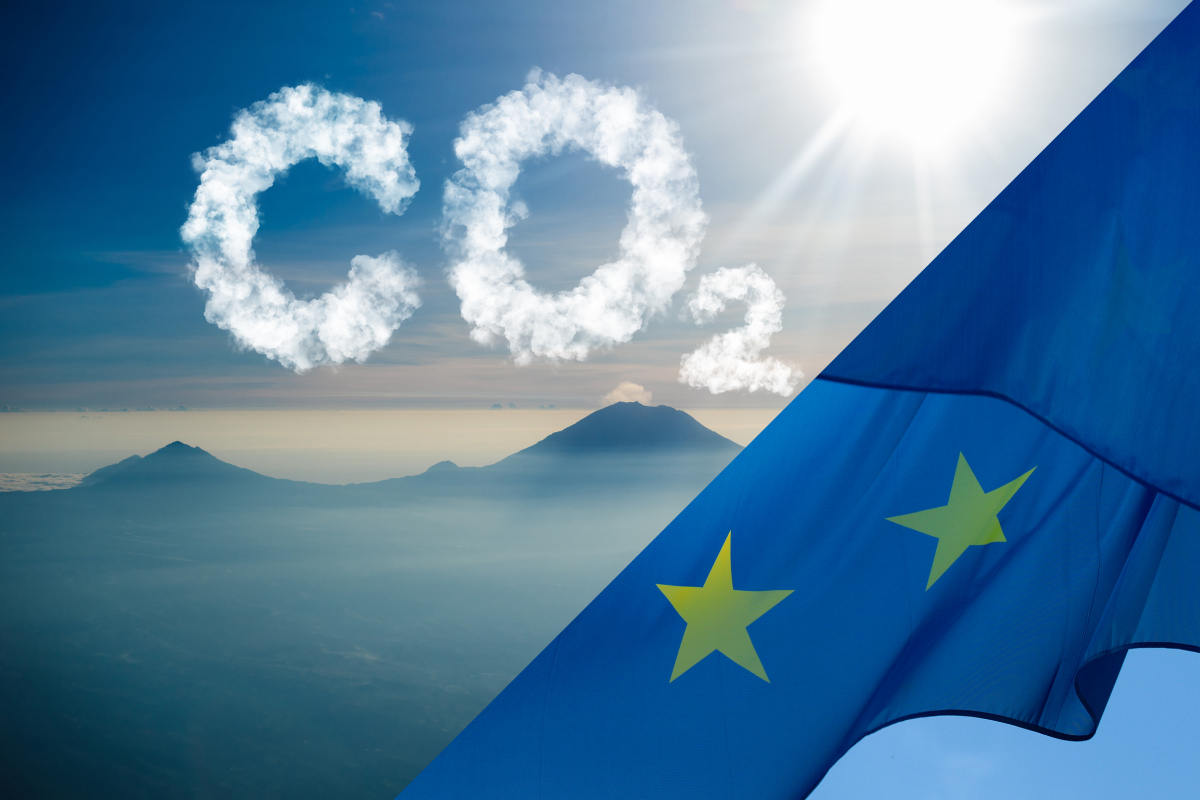
2015 has been a miserable year for oil, characterized by sudden collapses proponents of large losses for companies and investors in this business. The prospect of an improvement in 2016 for the hydrocarbon industry seems to be very unlikely, obscured by the obvious problems of oversupply and dramatically weak demand.
For oil giants, new year will focus on cost reduction, refinancing, possible M&As and in some cases, bankruptcy. Companies in this industry agree that in the near future emphasis will be on those projects that can generate quick paybacks, setting aside long-term exploration and development plans.
It is very difficult to believe in a sudden recovery of crude prices, especially considering the recent decision of the US government to lift the ban on export of US oil, a measure that would allow American oil to flood the market on top of Iranian crude, whose arrival is already worrying investors.

In spite of that, 2016 promises to be a very challenging and decisive year for the oil and gas industry. After many years of business and poor positions, the Mediterranean seems to finally be in the spotlight. On the table there are important issues and a varied constellation of subjects are going to be called to decide about the fate of the region.
Following the discovery of the gas field Zohr, located in the Egyptian Mediterranean Sea, Egypt saw its role in the energy landscape of the Middle East changing completely, passing from a country struggling with energy shortages to the maximum potential supplier of the region.
The euphoria generated by the giant discovery, (estimated in 850 billion cubic meters of gas), was boosted by the announcement of the presence of another field just below Zohr.
The hope of the Egyptian government for the next two years is to see growing the development of Zohr at a rapid and sustained pace. Most of this gas will be destined for the Egyptian domestic market, but export is not excluded. Egypt could begin exporting LNG, taking advantage of its proximity to Italy and Spain, and their numerous regasification terminals.
On the other hand, the discovery of Zohr represents a real problem for Israel that was seeing in Egypt one of the largest importer of gas coming from its fields of Leviatahn and Tamar, discovered in 2010. The tangle on the Egyptian option is awakening for Israel the possibility of a Turkish track. The Republic of Turkey, in the last decade, has seen doubling its energy needs, one of the main reasons why Israel should look to Ankara.

Turkey has expressed several times its interest in further diversification of its sources of supply: imports once guaranteed by the north of Iraq have been blocked by the presence of the Islamic State, the flows coming from Russia and Iran are unstable, and the completion of the Trans-Anatolian gas pipeline has been postponed until 2020. For Turkey, the Israeli gas would thus seem a real cure-all; it was not for the cold relations between the two states, caused by the disapproval of Ankara for the forced embargo that Israel is imposing to the Gaza Strip.
If negotiations between Israel and Turkey will stabilize during 2016, allowing the start of gas exports from the first to the second, we will see the rise of Cyprus as a key connection point between the two countries, since any potential gas pipeline would have to pass through the Cypriot EEZ.
Meanwhile, the leaders of Israel, Greece and Cyprus scheduled a meeting for the 28th of January to discuss about energy security.

Government’s representatives have been talking a lot about the implementation of a possible gas route touching Israel-Cyprus-Greece-Italy in order to flow the gas to the European distribution network through the Trans Adriatic pipeline (Tap), but it is a project that runs into technical difficulties – and very high costs – due to the seabed between Cyprus and the Greek coast.
Hence the alternative hypothesis of involving Egypt, bringing the Israeli gas to Damietta, where the Spanish Union Fenosa, controlled by Eni, has a center of liquefaction that would allow exports by sea.

Finally, to complete the picture there is the Libyan issue. Libya has huge potentials in terms of energy development, especially on the basis of recent offshore discoveries. No doubt, that what is undermining the exploitation of this potential is the political instability of the country.
Stabilizing Libya could be the key to quiet many of the conflicts in the Middle East, such as those in Syria and Iraq. Dissolving the Libyan conflict would drive the creation of an infrastructure that will allow Europe to have gas not only from North or East, but also from the Middle East and Africa.
In conclusion, the combined resources of Egypt, Israel, Cyprus and Libya advocate the creation of a real gas hub in the Mediterranean. In the long term, this new scenario could throw the challenge to the Russian giant as main Europe’s gas supplier.
Maria Mura | Energy Consultant
If you found it interesting, please share it!
Recent Articles





